Market Trends
Key Emerging Trends in the Organic Frozen Bakery Market
The organic frozen bakery market has witnessed significant growth in recent years, reflecting shifting consumer preferences towards healthier and more sustainable food options. This market trend is driven by several factors contributing to the increasing demand for organic frozen bakery products. One key driver is the growing awareness among consumers regarding the importance of organic food choices. With concerns about health and environmental sustainability on the rise, more consumers are seeking out organic options, even in convenience foods like frozen baked goods.
Moreover, there is a rising demand for convenience foods that do not compromise on quality or nutritional value. Organic frozen bakery products offer consumers the convenience of quick and easy meal solutions without sacrificing the health benefits associated with organic ingredients. Whether it's organic frozen bread, pastries, or pizza dough, consumers are drawn to these products as convenient options for busy lifestyles while still prioritizing organic and natural ingredients.
The COVID-19 pandemic has also had a notable impact on the organic frozen bakery market. With more people staying at home and cooking meals themselves, there has been a surge in demand for frozen foods, including organic options. Consumers are stocking up on pantry staples, including organic frozen bakery products, to ensure they have convenient and nutritious options readily available. This trend is expected to continue even as pandemic restrictions ease, as consumers have grown accustomed to the convenience and versatility of frozen baked goods.
Another significant trend driving the growth of the organic frozen bakery market is the expansion of product offerings and innovations within the sector. Manufacturers are responding to consumer demand by introducing a wider variety of organic frozen bakery products, including gluten-free options, vegan options, and products with clean label ingredients. This diversification of product offerings caters to the evolving dietary preferences and lifestyle choices of consumers, further fueling market growth.
Furthermore, increased retail availability and distribution channels have contributed to the expansion of the organic frozen bakery market. Organic frozen bakery products are now more readily accessible in supermarkets, specialty stores, and online platforms, making it easier for consumers to purchase these products. Additionally, foodservice establishments, such as cafes, restaurants, and hotels, are incorporating organic frozen bakery items into their menus to cater to the growing demand for organic and natural food options.
Government regulations and certifications also play a significant role in shaping market trends within the organic frozen bakery sector. Regulatory standards, such as organic certification from organizations like the United States Department of Agriculture (USDA), provide consumers with assurances regarding the authenticity and quality of organic products. Manufacturers and retailers are increasingly seeking out organic certification for their frozen bakery products to meet consumer expectations and differentiate themselves in the market.


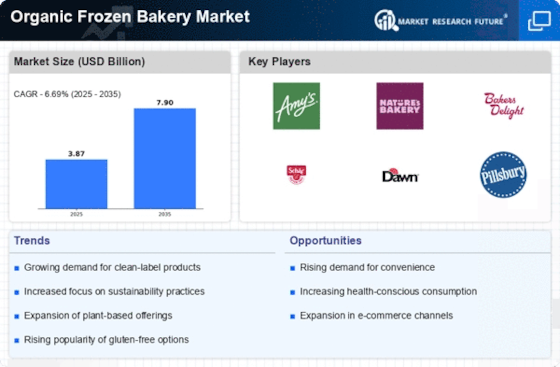
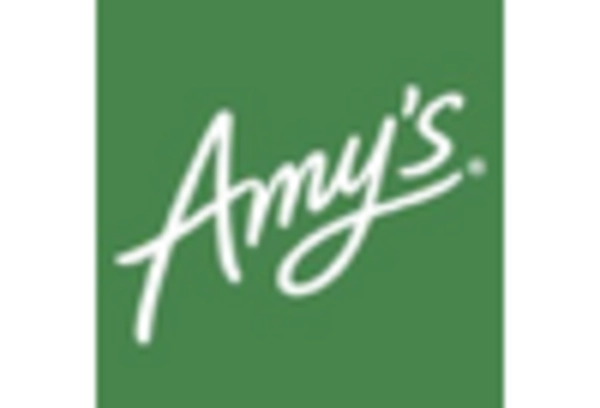
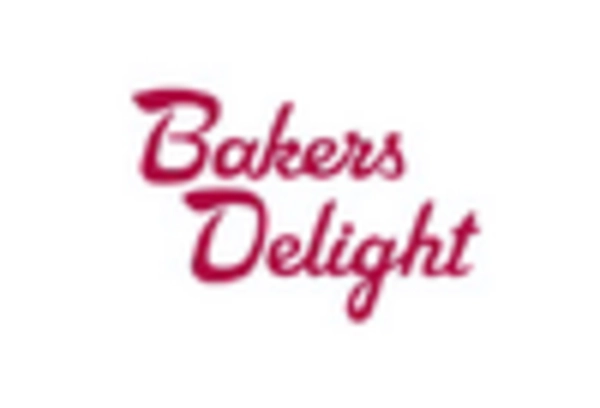
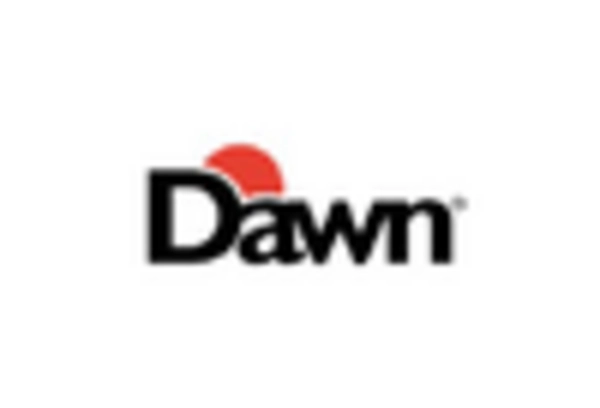
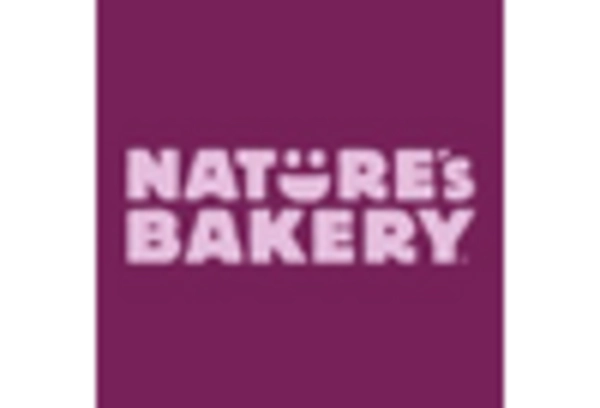
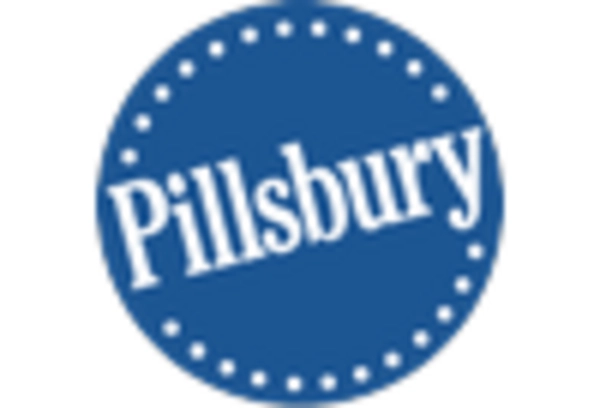
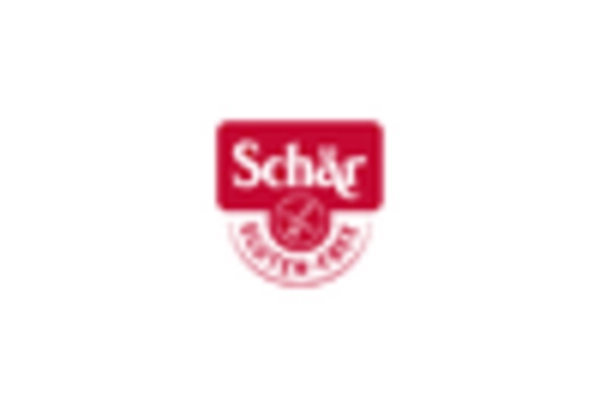










Leave a Comment